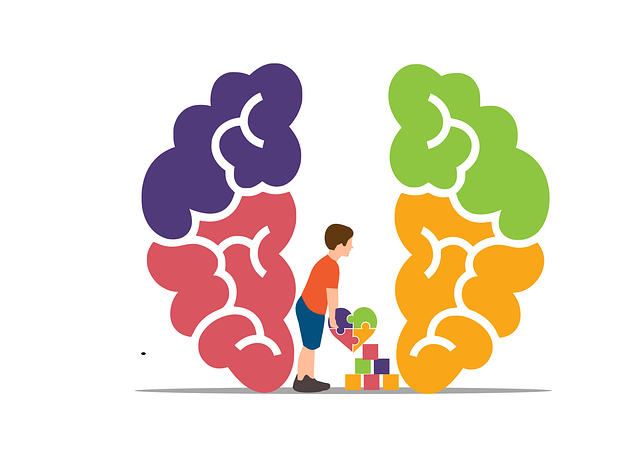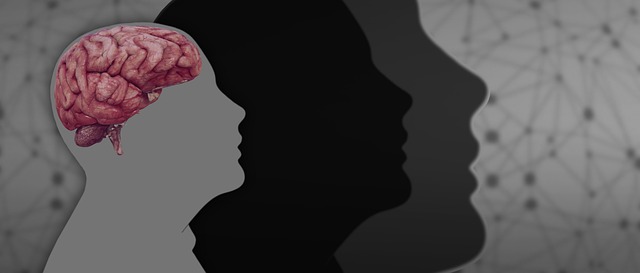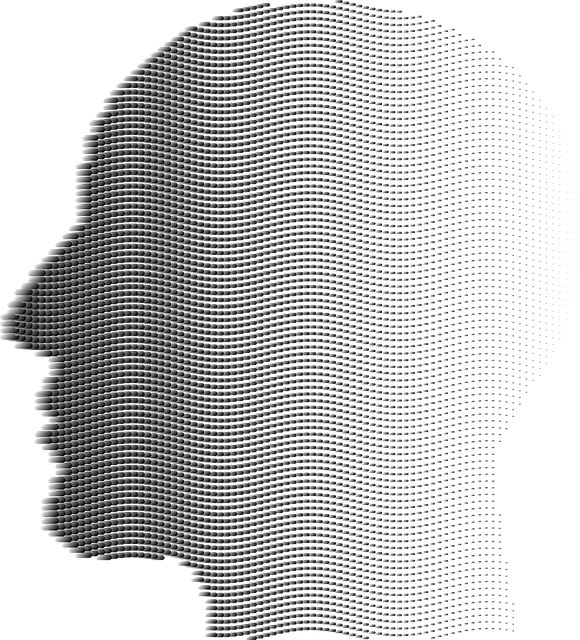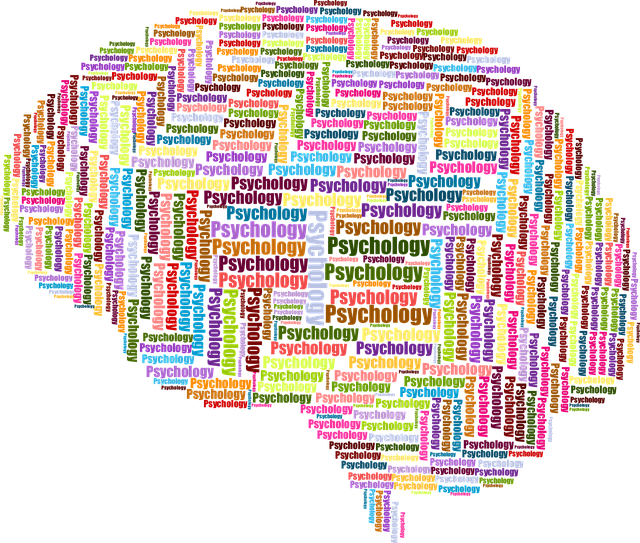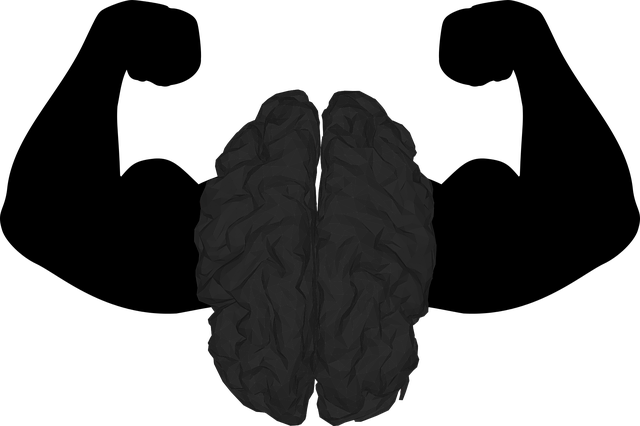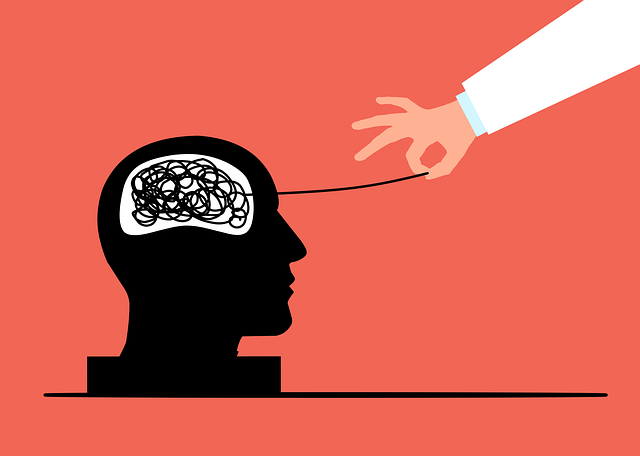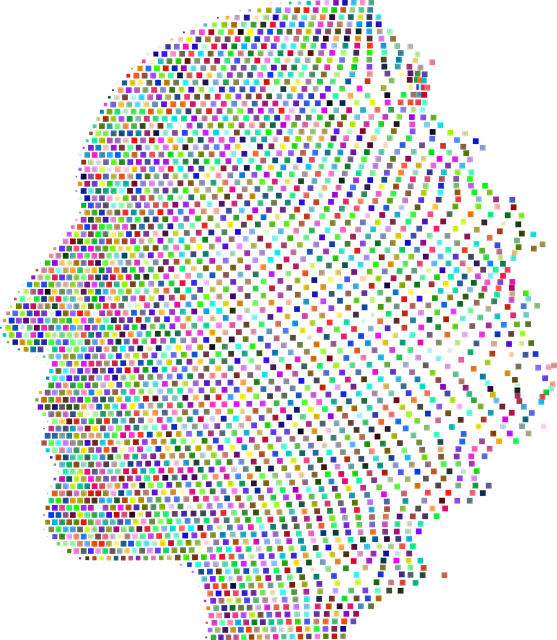In today's fast-paced world, mental wellness is paramount, especially for those navigating complex transitions like international adoptions, where organizations like Aurora International Adoptions Therapy play a crucial role. Self-assessment tools, game-changers in mental health, empower individuals to gain insights into emotional states, thought patterns, and behaviors. These tools address aspects like emotional regulation, intelligence, and empathy, facilitating progress tracking and informed decisions. Tailored for diverse populations, they offer user-friendly interfaces with comprehensive questions, cultural sensitivity training, and integrated practices like Mindfulness Meditation. The Aurora International Adoptions Therapy Framework provides personalized support through global practices, communication strategies, and dynamic treatment adaptation, enhancing therapy effectiveness. They continuously refine their mental wellness self-assessment tools based on user feedback and evolving landscapes, offering precise recommendations for Self-Esteem Improvement and deeper engagement.
Mental wellness self-assessment tools play a crucial role in empowering individuals to take charge of their mental health. As awareness grows about the importance of mental well-being, there is an increasing demand for accessible and effective evaluation methods. This article explores the development of such tools, focusing on the Aurora International Adoptions Therapy Framework. By examining key features and implementation strategies, we provide insights into creating comprehensive self-assessment tools that enhance mental health support globally.
- Understanding the Need for Self-Assessment Tools in Mental Wellness
- Key Features of an Effective Mental Health Self-Assessment Tool
- Designing and Implementing the Aurora International Adoptions Therapy Framework
- Evaluation and Continuous Improvement for Optimal User Experience
Understanding the Need for Self-Assessment Tools in Mental Wellness

In today’s fast-paced world, mental wellness has become a paramount concern for individuals across various demographics, including those navigating complex transitions like international adoptions, as facilitated by organizations such as Aurora International Adoptions Therapy. Understanding and managing one’s mental health is crucial, and self-assessment tools play a pivotal role in this process. These tools empower individuals to gain profound insights into their emotional states, thought patterns, and behaviors, fostering a deeper sense of self-awareness. By facilitating a more nuanced understanding of mental wellness, self-assessment can be a game-changer for those seeking to improve their emotional resilience and overall well-being.
Self-assessment tools are particularly valuable in addressing key aspects of mental health, including emotional regulation, emotional intelligence, and empathy building strategies. They allow individuals to identify personal strengths and weaknesses, track progress over time, and make informed decisions regarding their mental wellness journey. Moreover, these tools can be tailored to meet the unique needs of diverse populations, ensuring accessibility and relevance for all who seek to nurture and protect their psychological health.
Key Features of an Effective Mental Health Self-Assessment Tool

An effective mental health self-assessment tool should possess several key features to ensure accurate evaluations and facilitate meaningful interventions. First, it must be user-friendly, designed with an intuitive interface that guides individuals through a series of comprehensive questions tailored to their unique experiences. This accessibility is crucial, especially for individuals who might be new to understanding their mental health or facing barriers like language differences or cultural stigma, where tools like those offered by Aurora International Adoptions Therapy can play a vital role.
Secondly, the tool should incorporate diverse assessment dimensions that encompass various aspects of mental wellness, including emotional well-being, stress management, coping strategies, and social support networks. Integrating practices such as Mindfulness Meditation techniques or modules on Self-Care Routine Development for Better Mental Health can empower users to take proactive steps towards enhancing their overall psychological state. Moreover, ensuring cultural sensitivity through Healthcare Provider Cultural Competency Training is essential, allowing tools to adapt to the diverse backgrounds and experiences of those seeking mental health support.
Designing and Implementing the Aurora International Adoptions Therapy Framework

The Aurora International Adoptions Therapy Framework is a comprehensive and innovative approach to mental wellness self-assessment designed with cultural sensitivity in mind. By drawing inspiration from diverse global practices, this framework ensures that individuals from various cultural backgrounds receive tailored support. It incorporates strategies for effective communication, understanding non-verbal cues, and incorporating cultural beliefs into therapy sessions, fostering an inclusive environment that promotes open dialogue and improved outcomes.
Implementing the Aurora Framework involves a multi-step process starting with a thorough assessment of the individual’s mental health history and cultural background. This is followed by the identification of specific challenges and strengths, which informs the development of a personalized treatment plan. The framework also emphasizes the importance of continuous evaluation and adaptation, reflecting the dynamic nature of mental wellness. Incorporating these practices not only enhances the effectiveness of therapy but also contributes to the broader goal of improving public awareness campaigns on mental health issues through culturally sensitive approaches like the Aurora International Adoptions Therapy.
Evaluation and Continuous Improvement for Optimal User Experience

Effective mental wellness self-assessment tools like those offered by Aurora International Adoptions Therapy are designed with a dynamic approach to evaluation and continuous improvement. This iterative process is crucial in ensuring that the user experience remains optimal and tailored to individual needs. By regularly gathering feedback from users, the tool’s creators can identify areas of strength and weakness, facilitating enhancements that align with evolving mental health landscapes and Mind Over Matter Principles.
This ongoing refinement allows for more precise assessments, better-personalized recommendations, and enhanced mental wellness support. Users benefit from tools that grow smarter over time, catering to their unique progress in Self-Esteem Improvement. Such adaptive mechanisms not only foster deeper engagement but also contribute to the overall success of the self-assessment journey.
The development of mental wellness self-assessment tools, as highlighted by the Aurora International Adoptions Therapy framework, is a pivotal step in promoting individual well-being. By integrating key features such as accessibility, user-friendliness, and evidence-based practices, these tools empower individuals to take charge of their mental health. Continuous evaluation and improvement ensure that these resources remain effective and relevant in meeting the diverse needs of users worldwide. Embracing innovative approaches like the Aurora framework can revolutionize mental health support, making it more inclusive and accessible to all.
